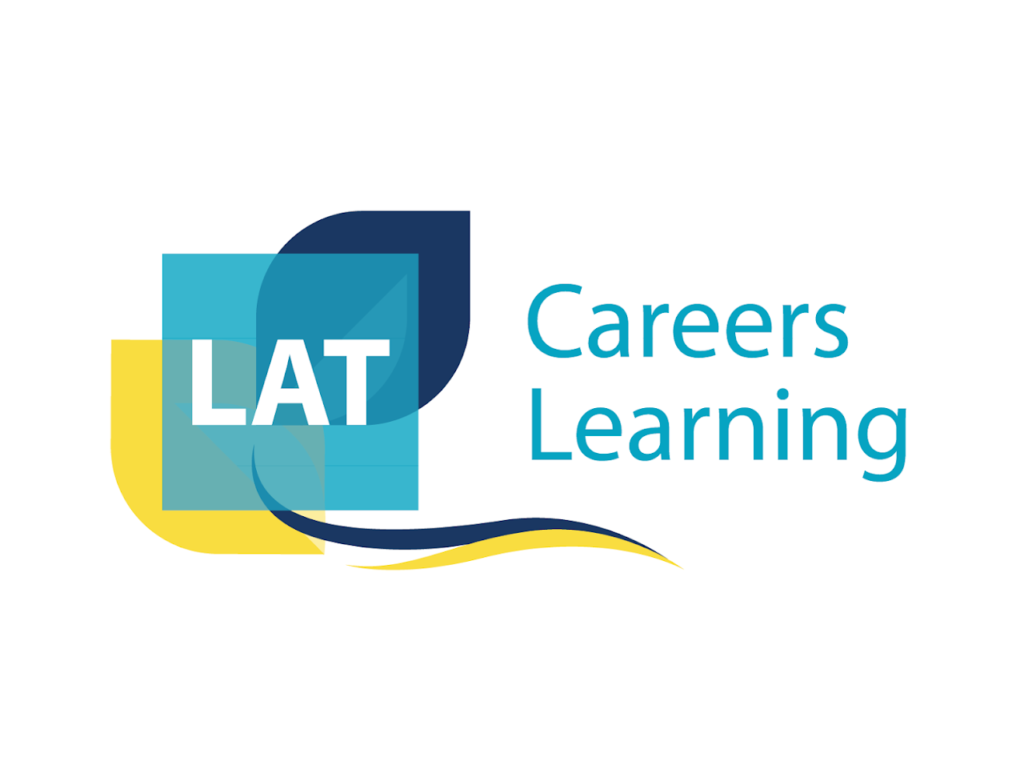Click on the links below to view the relevant section.
Raising of the Participation Age: After Year 11, pupils must continue learning until the end of the academic year in which they turn 18 years old.
Continuing in Education or Learning
After you have completed Year 11, you must continue with some form of accredited study or training. This could be at school, college or in the workplace. The different options are shown below.
Stay at school: Continue at current academy or at another academy or school (sixth form).
Go to college: A variety of courses are offered, including vocational, technical, foundation, and work-based learning
Apprenticeship: You can work and earn money, while also studying a course or training, and gaining work-based skills. There are many different areas to choose from.
Employment of 20+ hours, with accredited training: You can get a job, but you must have some training, which could be through an apprenticeship scheme, learning while at work, or working part-time whilst attending college.
Volunteering for 20+ hours a week: You can volunteer and also study independently.
Why are you required to do this?
By staying in learning you will gain new skills and qualifications which will open up more opportunities in life. It will give the chance to develop the knowledge and practical skills that employers are seeking and this will help you with your future career.
You are also required to achieve a grade 4 or above pass in English and Mathematics. If you achieve below a grade 4 you will be required to continue studying the subject/s until you achieve a grade 4 or above, or reach the age of 18. It is the responsibility of the school, college, apprenticeship provider or employer (as appropriate) to support your learning.
What are the different course “levels”?
When considering your options you will need to be aware of the course level you are currently studying and wish to study in the future. As a general guide, a GCSE qualification is equivalent to a level 2.
- Level 1 and 2 courses = GCSE academic level (for example a level 2 Diploma in Animal Care).
- Level 3 = Advanced study (equivalent to A-Levels). However, there are different level 3 courses that have varying “points/credits” and therefore have different values.
- A full Diploma is the equivalent of 2 or 3 A-Levels.
- Level 4 and above = Degree and higher level study (level 7 is a Postgraduate/Masters).
Help & Advice
There are many people who can help and support you with your choices. These include teachers, staff, careers advisors, parents and carers, family and friends. You are advised to talk through your options with someone and it is important you choose what is right for you.
If you would like further advice and guidance, please contact our Careers Team.
More information can be found within this website or on academy, school and college websites.
Kent pupils can also find more information here and Greenwich pupils here.
Frequently Asked Questions
No, you can still leave school at 16, but you must continue your learning whether this is at college or in the workplace. There are many options available to you as shown above.
No, you must also complete some accredited learning alongside it, for example an apprenticeship or part-time college course.
Yes, but you must work at least 20 hours a week, and complete an accredited course.
Yes, the purpose of the Raising of the Participation Age is to give you the best opportunity to be successful in your future career and life by giving you more time to develop your qualifications and employability skills.
Making decisions about your future is no easy task. Some people know what they want to do very early on in their studies, and others take more time. Many even change their minds later down the line. Whatever your situation, remember you are not alone, many people are in the same boat, trying to make decisions about their future.
When there are a number of options, it can be a tough call. Remember to explore all your options with an open mind.
Please see the links below which can help you plan ahead and make the best decision for you. Before you look at the helpful websites listed below consider, the following:
- What skills, qualities and interests do you have? (It can be a good idea to list these)
- What things do you enjoy doing, including part-time work and hobbies?
- What subjects do you like the most?
- Explore different sectors and job roles – look into what is needed to enter those jobs; (do you need a degree? Can you go straight into the job with no degree?)
- If you can’t decide between the options, why not make a list of the pros and cons of each option?
- Do you know what grades you are likely to obtain? (This could impact your options).
- Remember, you can apply for more than one option; for example – apply to university whilst keeping a lookout for jobs or apprenticeships, rather than putting all your eggs in one basket. You can also “defer entry” for university, giving you a year to work or do a gap year.
Websites to help you


